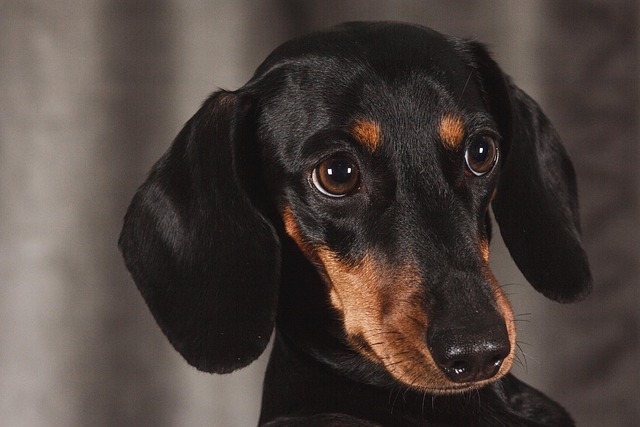
How do i train my dog to be obedient?
Watching your dog dart across the park ignoring your calls isn’t just frustrating—it can put them at risk near busy streets or public spaces.
New puppy owners often wonder when to start teaching their fuzzy friend not to bite. The short answer? As soon as they come home—usually between 8 and 10 weeks old. Those tiny needle - sharp teeth might seem harmless, but nipping can turn into bigger biting issues if not addressed early.
Puppies bite for a reason. In their litter, they learn bite inhibition by playing with siblings—if one nips too hard, the other yelps and stops playing. This natural lesson teaches them how to control their jaws. When they leave their litter, it’s your job to continue this education. By 14 weeks, their brain is primed for learning, making this window crucial for setting boundaries.
Start with simple steps. When your puppy nips your hand, let out a high - pitched “ow!” just like their littermates would. Then, pull your hand away and ignore them for 10 seconds. This shows that hard bites end playtime. Offer a chew toy instead—something like a Kong filled with peanut butter works great. Repeat this every time they nip, and they’ll soon learn that soft mouths keep the fun going. For teething puppies (around 4 - 6 months), keep frozen washcloths handy to soothe their gums and redirect their need to chomp.

In the US, remember that while training, your puppy’s health is key. Most states require rabies vaccines by 12 - 16 weeks, so check your local laws—missing this can lead to fines. When you take them out for potty breaks (and early socialization walks once vaccinated), always carry poop bags. No one likes stepping in surprises, and in many cities, it’s against the law to skip cleanup.
Never use physical punishment. Slapping or yelling might scare them temporarily, but it breaks trust and can make them more anxious—even more likely to bite out of fear. Stick to positive reinforcement: praise them with “good job!” and a treat when they choose a toy over your hand. This aligns with ASPCA guidelines and the kind, respectful approach pet lovers in the US value.
If you live in an apartment, timing matters. Avoid intense training sessions during quiet hours—your neighbors won’t appreciate a yelping puppy at 7 AM. When taking them to community parks, keep them on a short leash until they’re reliable. Letting them run up to other dogs or kids while still learning bite control could lead to accidents, even if they mean well.
By starting early, using kind methods, and keeping up with local rules, you’ll help your puppy grow into a polite, well - behaved adult dog.

Watching your dog dart across the park ignoring your calls isn’t just frustrating—it can put them at risk near busy streets or public spaces.

New puppy owners often find themselves rushing to clean up accidents before they set in, and that’s where puppy pad training becomes a game-changer.

If you've noticed your dog's waistline disappearing and your veterinarian has mentioned those few extra pounds, your first instinct might be to simply reduce the amount of food in their bowl.

Training a dog to use a designated spot indoors isn’t as daunting as many new owners fear, but it does take consistency and an understanding of your pet’s needs.

That moment of dread on a walk is all too familiar for many new dog owners. You see another dog approaching down the sidewalk of your neighborhood

If the sight of another dog on your neighborhood walk makes your heart sink as your own dog erupts into a frenzy of barking and lunging, you're not alone.